Ignorance and Education: What We Need to Teach in Medical School
The healthcare sector is largely unaware of and unprepared to respond to climate-related impacts on patients and communities. A New England Journal of Medicine survey of healthcare professionals both in the US and the rest of the world showed that less than a quarter of clinicians and clinical leaders had high recognition of the health impacts of climate change. Nearly 50% of global health executives had little or no recognition of these impacts.
Medical and business schools are beginning to include the effects of climate change in their curricula.
- A 2020 paper published in Academic Medicine—and written by physicians across leading medical schools— proposed the first framework for educating residents about the implications of climate change for delivering healthcare.
- Harvard has launched Climate MD, a program that focuses on the healthcare effects of climate change.
- Emory School of Medicine has made climate change a formal part of its curriculum.
From the doctor’s office to the boardroom to the chambers of Congress, healthcare leaders and policymakers will need to understand the impending impacts of climate change on our health and society. Look for a new subspecialty in climate change medicine, more healthcare companies advocating for strong climate policies and climate change discussions in investor calls.
